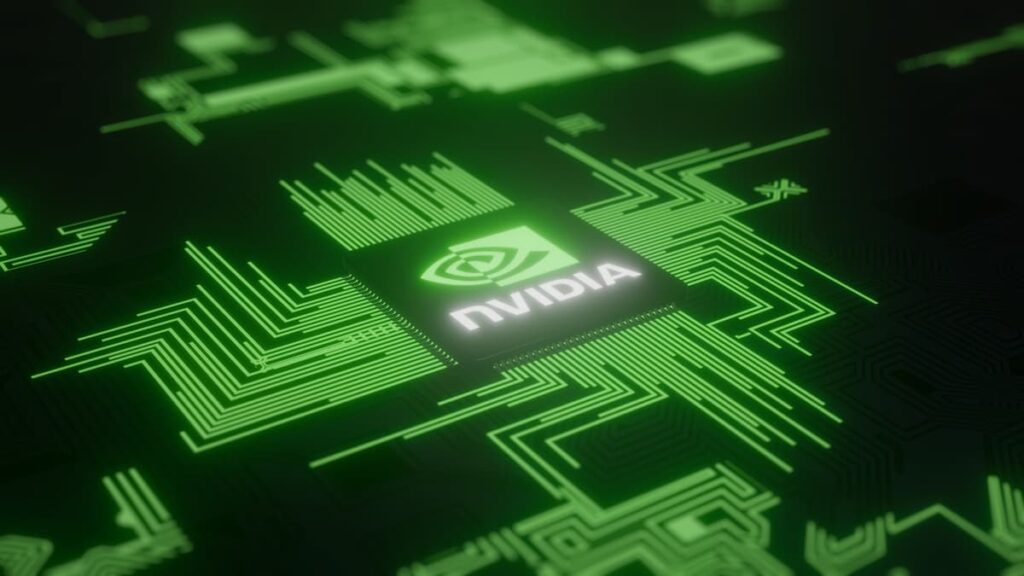White House Eases Restrictions Following CEO’s Push
Nvidia announced it will restart sales of its advanced H20 artificial intelligence chip to China, signaling a shift in U.S. trade policy that could have major implications for the global tech industry. The decision follows a meeting between Nvidia CEO Jensen Huang and President Donald Trump, where Huang argued that continued restrictions on AI chip exports could jeopardize America’s position as a global tech leader.
The move comes after months of regulatory uncertainty. In April, the White House informed Nvidia that it would need special licenses to sell the H20 chip to China, forcing the company to suspend shipments. The chip, which was developed as a workaround to earlier U.S. export controls, had been a key product for Nvidia’s operations in China, which accounted for 13% of its revenue in 2024.
On Monday, the chipmaker confirmed that it had reapplied for export licenses and received assurance from the U.S. government that the permits would be approved. Deliveries of the H20 to Chinese clients are now expected to resume shortly.
Nvidia’s Role in AI and Global Markets
Nvidia recently became the world’s most valuable company, reaching a historic $4 trillion valuation driven by its dominance in the artificial intelligence sector. Its chips power a wide range of technologies, including AI chatbots, robotics, and autonomous vehicles.
The H20 chip was originally introduced in 2024 to preserve Nvidia’s foothold in China amid tightening U.S. export restrictions. However, the chip’s role in enabling advanced Chinese AI models, such as DeepSeek, raised concerns within the U.S. government about potential military applications and national security risks.
Despite these concerns, Treasury Secretary Scott Bessent indicated in a Tuesday interview that the restrictions had also been used as leverage in broader trade negotiations between the U.S. and China. Recent talks resulted in a mutual agreement to reduce tariffs, which may have paved the way for a softening stance on tech exports.
Strategic and Financial Implications
Huang has repeatedly warned that banning U.S. firms from doing business with China could backfire, encouraging Chinese developers to create their own alternatives. In an interview with CNN’s Fareed Zakaria, he argued for preserving America’s influence by maintaining global reliance on U.S.-based technologies.
“We want the American tech stack to be the global standard,” Huang said, underscoring the importance of keeping U.S. firms engaged in international markets. “Just like we want the world to be built on the American dollar… we should continue to aspire to that.”
Financially, the export ban had already taken a toll on Nvidia. In May, the company disclosed that it missed out on $2.5 billion in potential revenue in Q1 2025 due to halted H20 sales. It projected an additional $8 billion revenue shortfall in the second quarter. In response to the volatility, Nvidia announced it would no longer include China in its official revenue and earnings forecasts.
Next Steps and Market Outlook
Huang is expected to hold a press briefing in Beijing on Wednesday during a supply chain expo, marking his second visit to China this year. His remarks are likely to focus on reaffirming Nvidia’s long-term commitment to the Chinese market while navigating ongoing geopolitical tensions.
The U.S. government’s evolving stance on tech exports reflects a broader strategic balance between national security and economic competitiveness. For Nvidia, the resumption of H20 sales not only restores a vital revenue stream but also signals a potential thaw in the strained tech relations between the world’s two largest economies.


